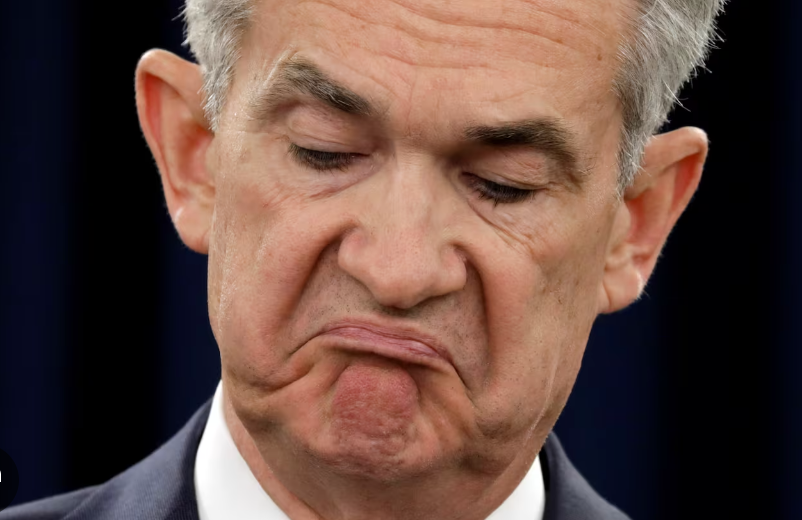$EURUSD $DAX $BTC
#Germany #Bundesbank #Finance #Economy #Reforms #MonetaryPolicy #Inflation #InterestRates #ECB #Markets #Crypto #Investing
The Bundesbank has reported a staggering €19 billion loss for the past financial year, a reflection of the economic strains faced by Germany amid rising interest rates and evolving monetary policies. Bundesbank President Joachim Nagel has emphasized the need for critical supply-side reforms while signaling that more interest rate cuts could be forthcoming. Germany’s central bank, like many financial institutions across Europe, has struggled with the impact of the European Central Bank’s tightened policy stance, which initially raised borrowing costs and pressured the nation’s credit markets. However, as inflation moderates, potential rate cuts could help alleviate some of these financial stresses, particularly in key sectors such as manufacturing and exports. The losses suffered by the Bundesbank largely stem from declining bond valuations and the cost of maintaining liquidity provisions, which have weighed heavily on its balance sheet.
Nagel’s call for structural reforms comes at a time when Germany faces broader economic headwinds, including sluggish GDP growth, weakening industrial output, and geopolitical tensions affecting supply chains. The country’s next government will be tasked with implementing policies that support long-term economic resilience, including deregulation and enhancements to labor market flexibility. Germany’s historically strong export-driven model has encountered difficulties due to shifting global trade dynamics, especially as competition from emerging markets intensifies. These factors emphasize the importance of policies that enhance productivity and innovation, ensuring that the economy remains competitive in a rapidly evolving global landscape. Without such reforms, Germany risks prolonged stagnation that could further exacerbate fiscal deficits and employment concerns.
Financial markets have responded cautiously to Nagel’s remarks, with the euro ($EURUSD) showing limited volatility and the DAX index ($DAX) trading within a narrow range. Investors are closely monitoring how Germany’s policymakers will address the economic challenges ahead, particularly given the Bundesbank’s financial position and the broader European Central Bank’s policy adjustments. Bond yields have remained sensitive to any speculation regarding interest rate decisions, given their potential impact on borrowing costs and credit conditions within the Eurozone. In the digital asset space, Bitcoin ($BTC) remains a topic of discussion as investors assess how broader financial instability might influence demand for alternative assets. The monetary policy outlook in Europe, coupled with developments surrounding inflation trends, will be key determinants for investors navigating the current macroeconomic climate.
Moving forward, the Bundesbank’s losses and Nagel’s reform proposals will play a crucial role in shaping the economic policy debate in Germany. With an emphasis on supply-side improvements, there is potential for long-term economic benefits if policymakers effectively address structural inefficiencies. Meanwhile, further interest rate reductions could provide temporary relief to businesses and consumers grappling with current financial pressures. As Germany prepares for a political transition, markets will be watching closely to gauge the government’s commitment to sustaining growth while ensuring monetary stability. The path ahead remains uncertain, but the next steps taken by German authorities will be instrumental in determining the nation’s economic trajectory.











Comments are closed.